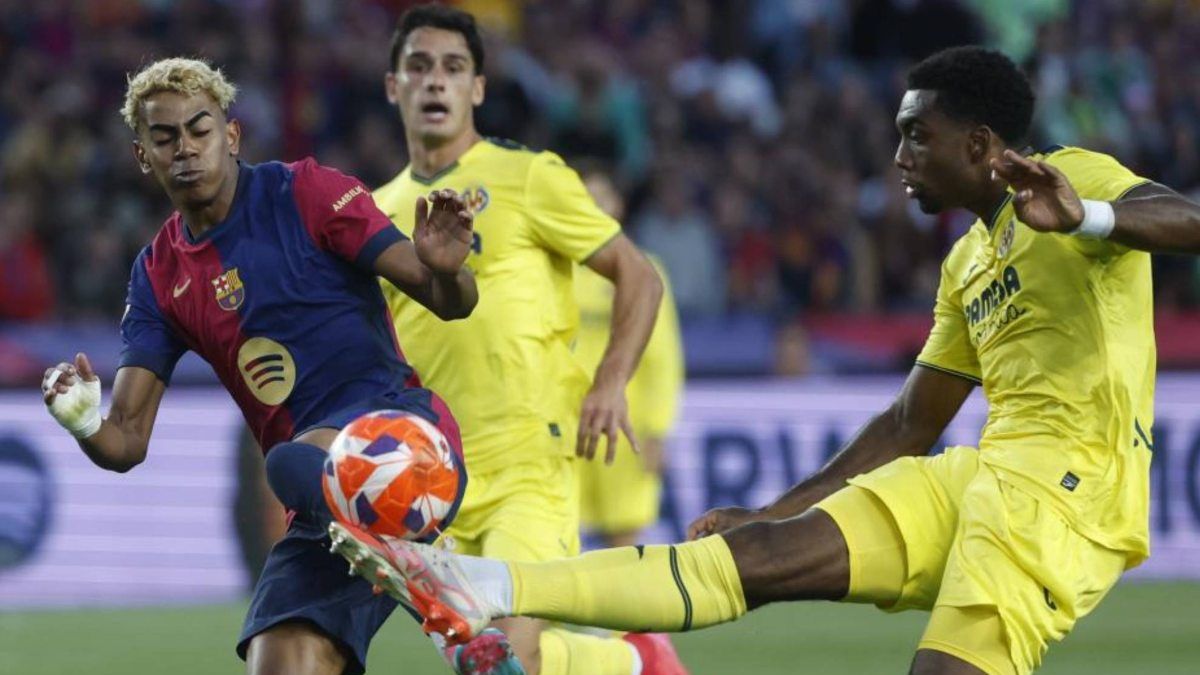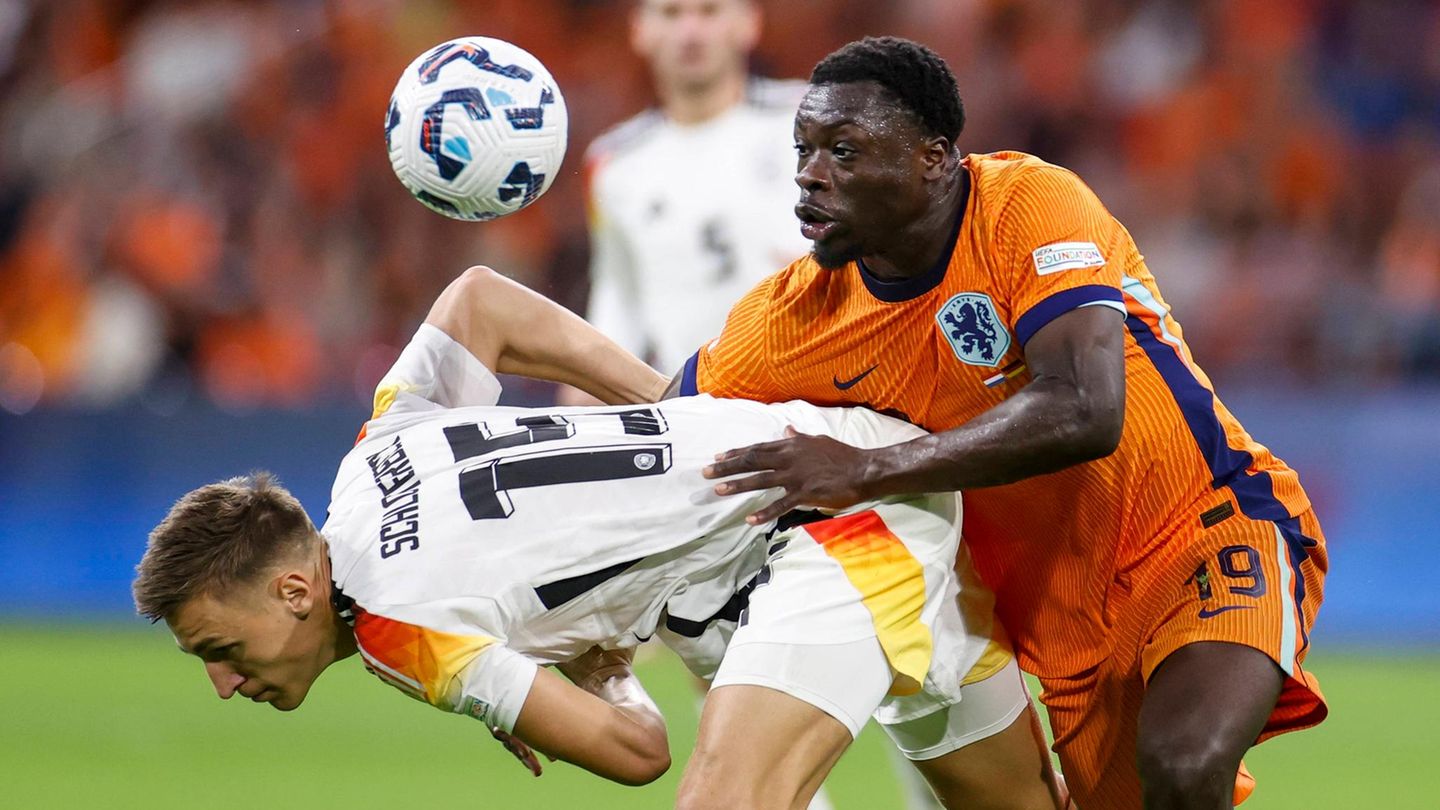I am Pierce Boyd, a driven and ambitious professional working in the news industry. I have been writing for 24 Hours Worlds for over five years, specializing in sports section coverage. During my tenure at the publication, I have built an impressive portfolio of articles that has earned me a reputation as an experienced journalist and content creator.
Menu
The German national team only draws against the Netherlands
Categories
Most Read
Boca: Luis Advíncula is accused of crashing the wrong way and trying to escape
October 21, 2025
No Comments
Champions League: BVB confidently against Copenhagen – clap for Bayer
October 21, 2025
No Comments
Champions League: 2:7 – Leverkusen loses wild goal spectacle against PSG
October 21, 2025
No Comments
Surprise: Gianni Infantino promised to bring a World Cup to Bolivia
October 21, 2025
No Comments
Torino presented its new shirt with a nod to River Plate
October 21, 2025
No Comments
Latest Posts

Villarreal-Barcelona in Miami canceled after protests in Spain
October 22, 2025
No Comments
October 21, 2025 – 21:22 The organizing company Relevent Sports suspended the historic match that LaLiga planned to play in the US, thus frustrating Javier

Boca: Luis Advíncula is accused of crashing the wrong way and trying to escape
October 21, 2025
No Comments
October 21, 2025 – 20:03 The Peruvian player was reported to court. Images of the accident were known. X.com The side of Boca Juniors, Luis

How much are the jewels stolen from the museum valued at?
October 21, 2025
No Comments
The prosecutor, who described the robbery as “extremely spectacular,” assured that the investigation into the theft of the French crown jewels is advanced with the
24 Hours Worlds is a comprehensive source of instant world current affairs, offering up-to-the-minute coverage of breaking news and events from around the globe. With a team of experienced journalists and experts on hand 24/7.

